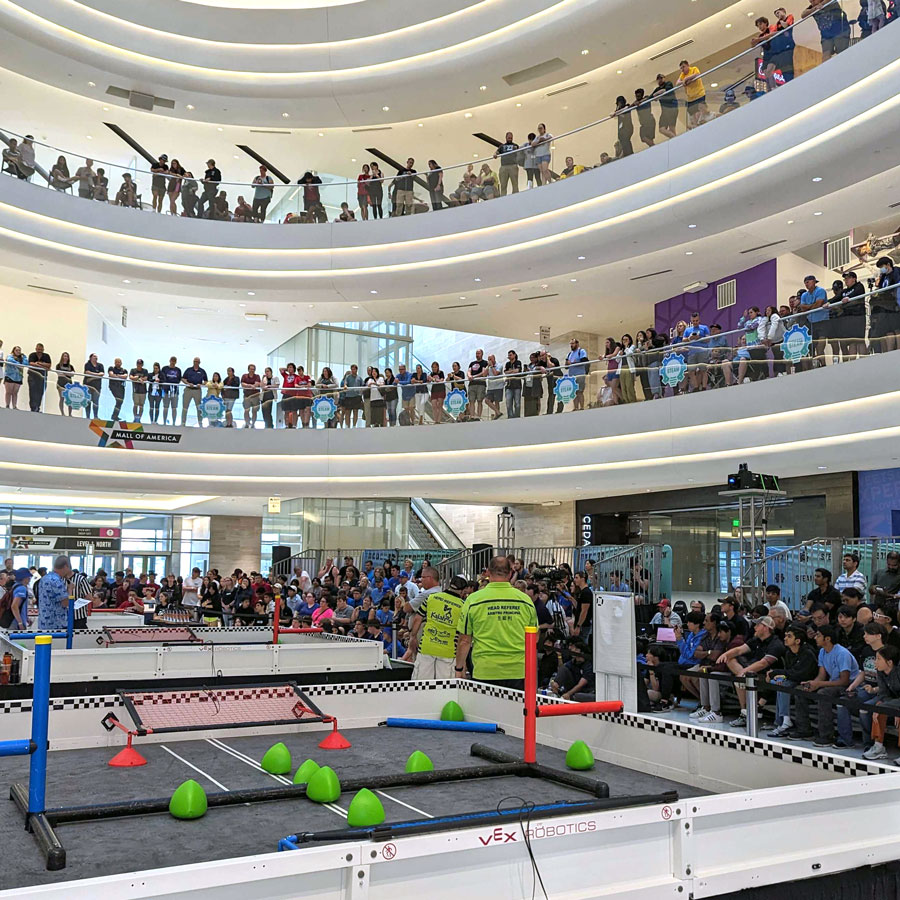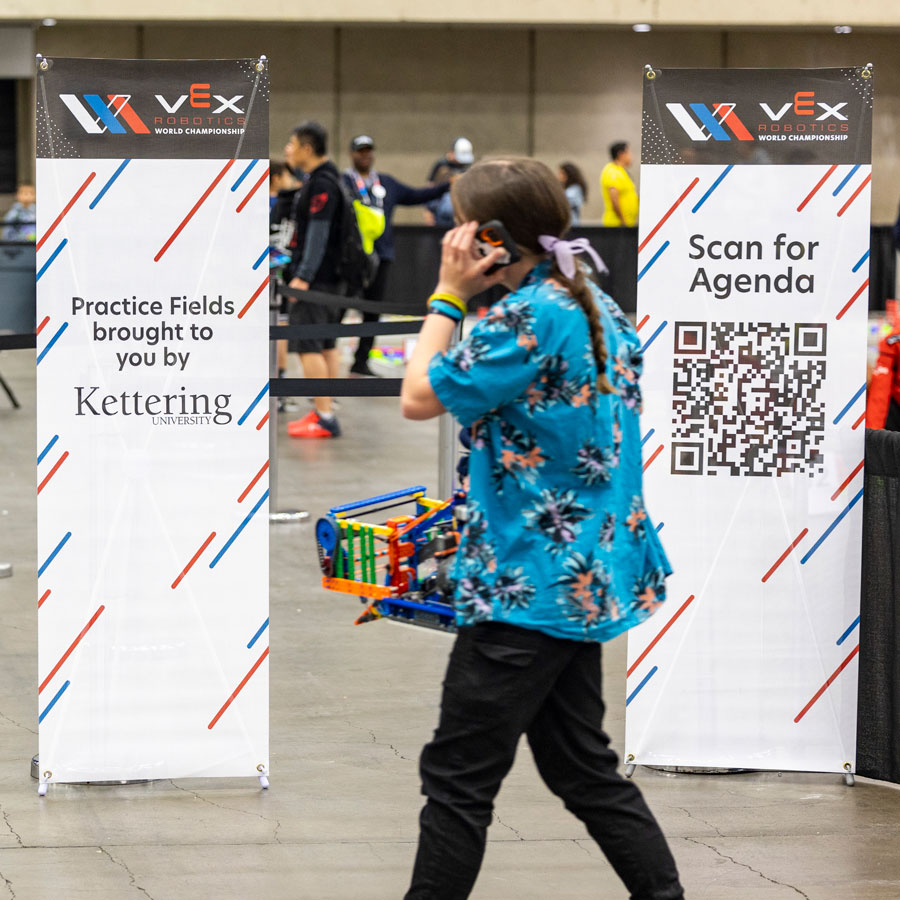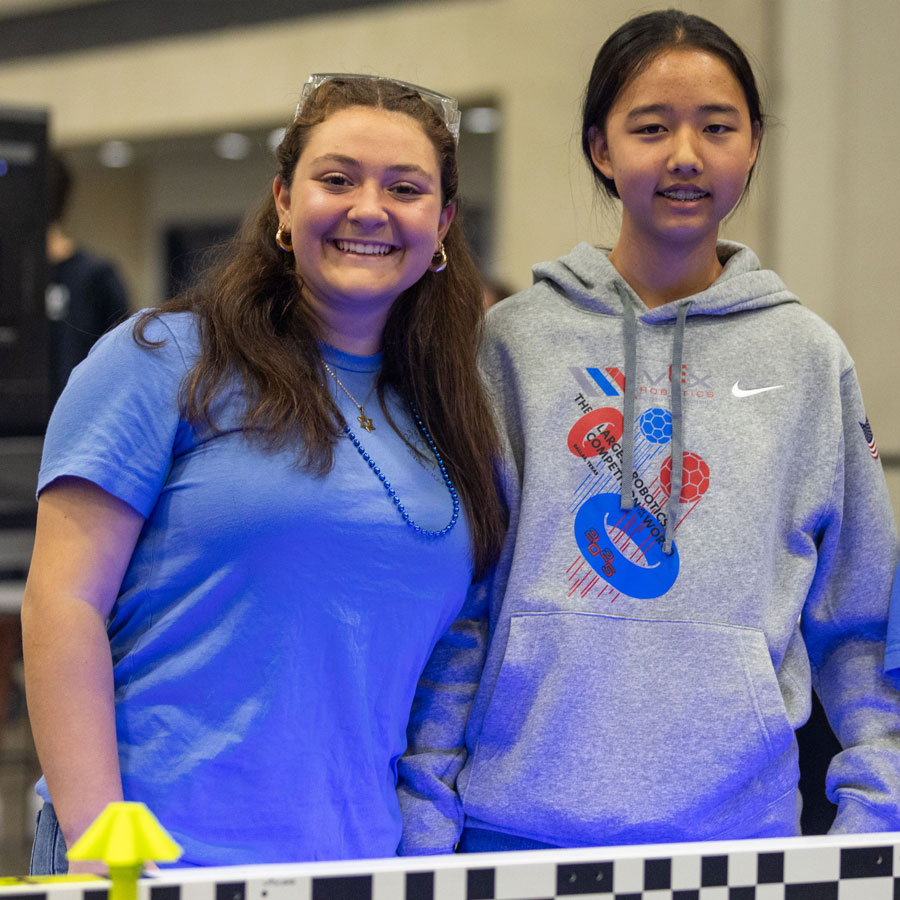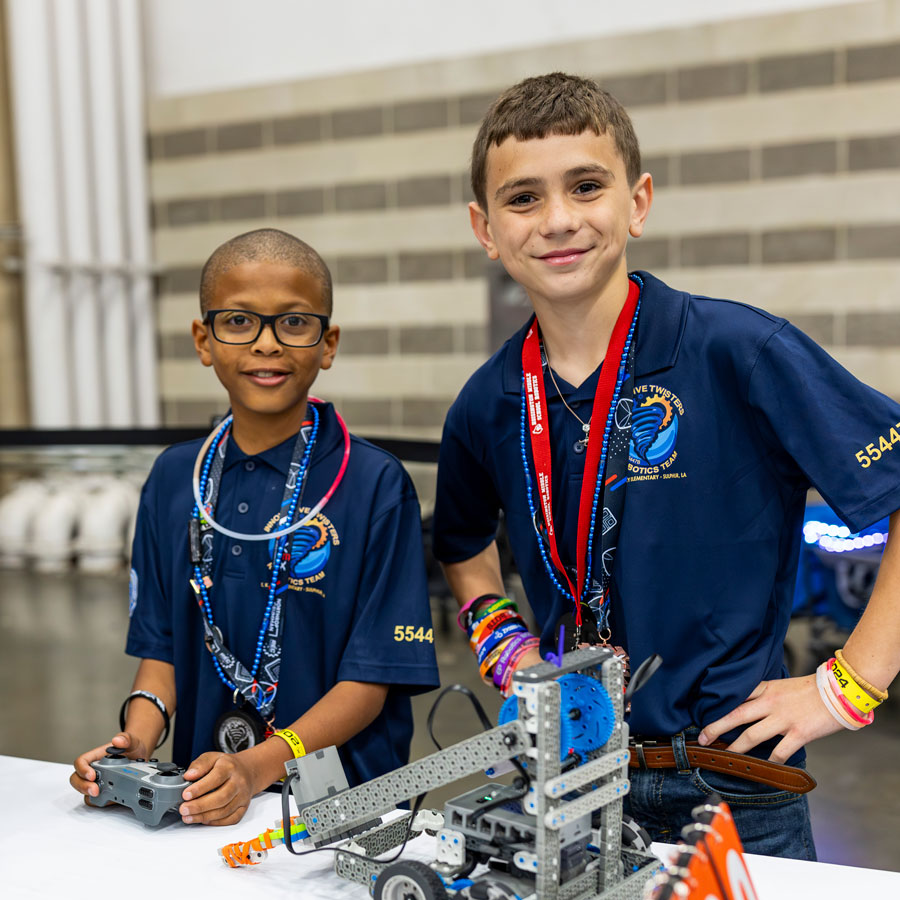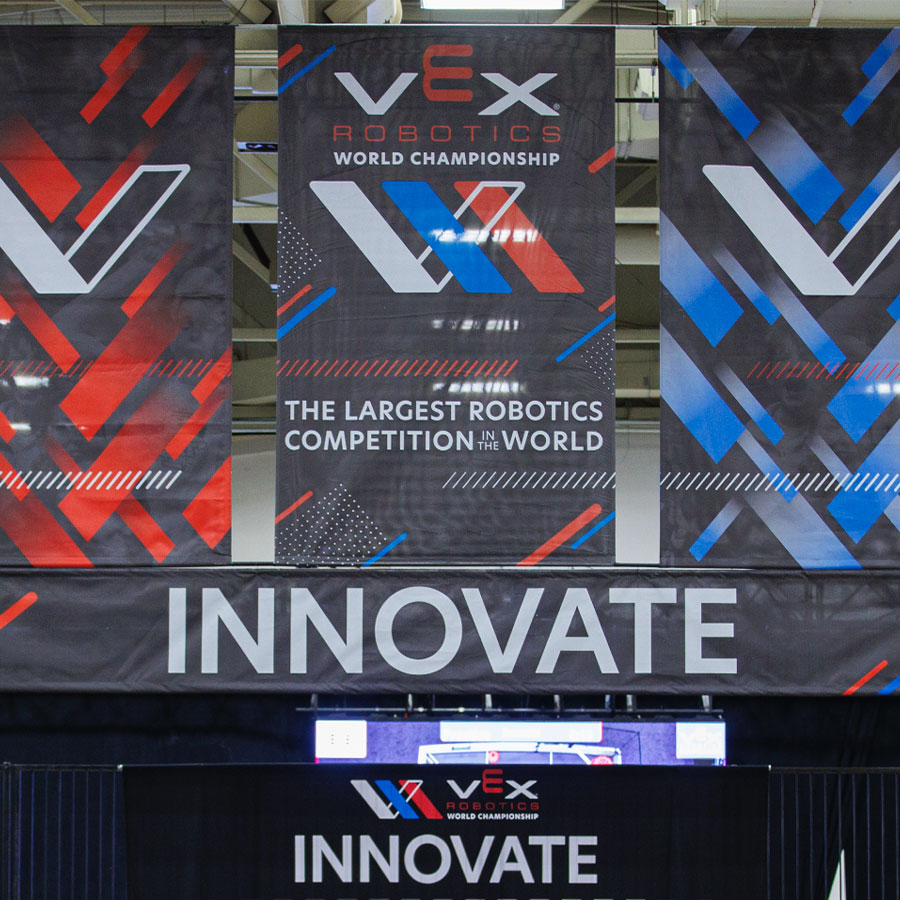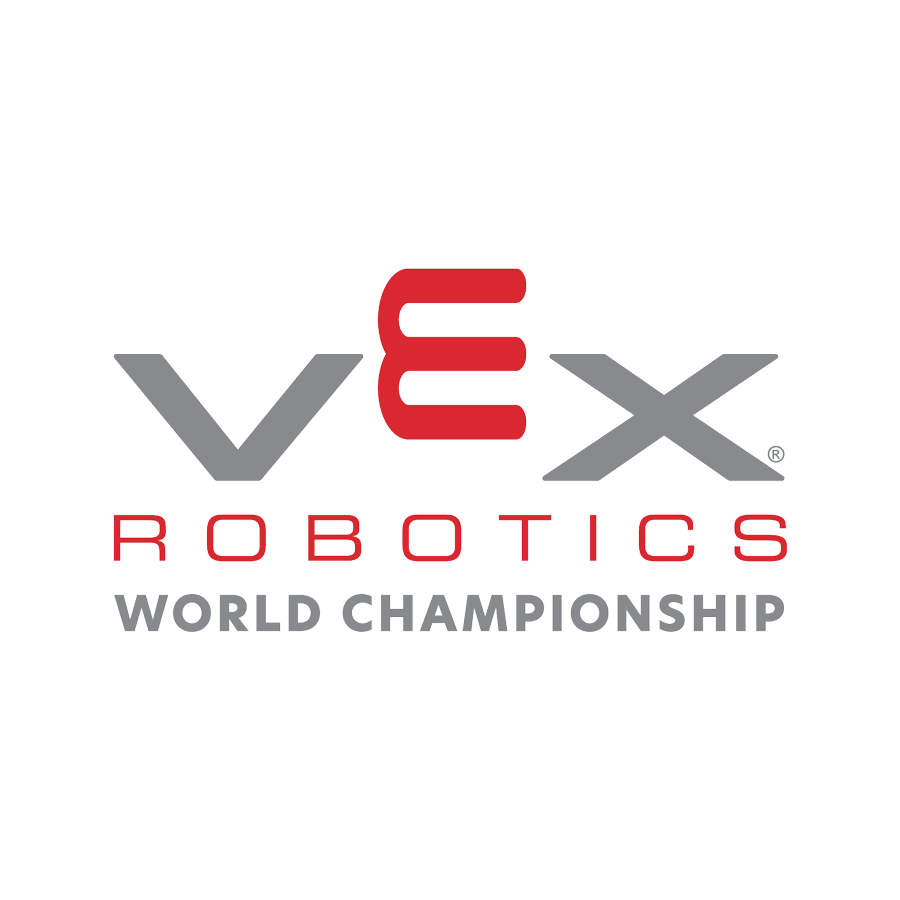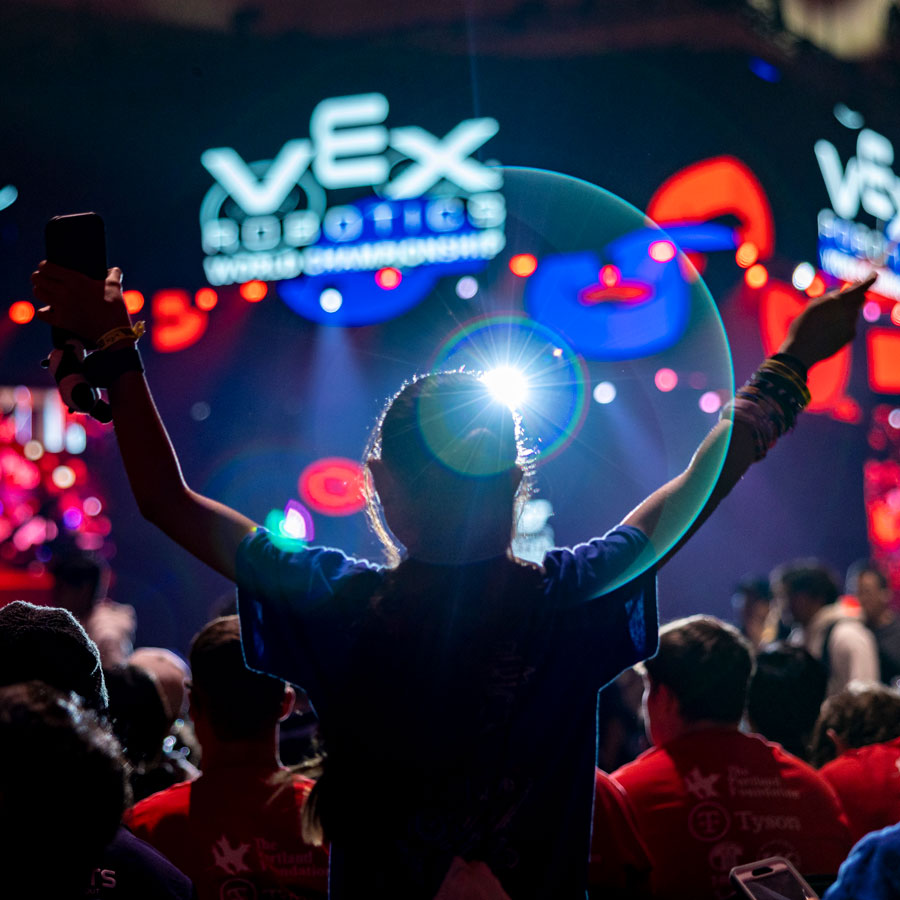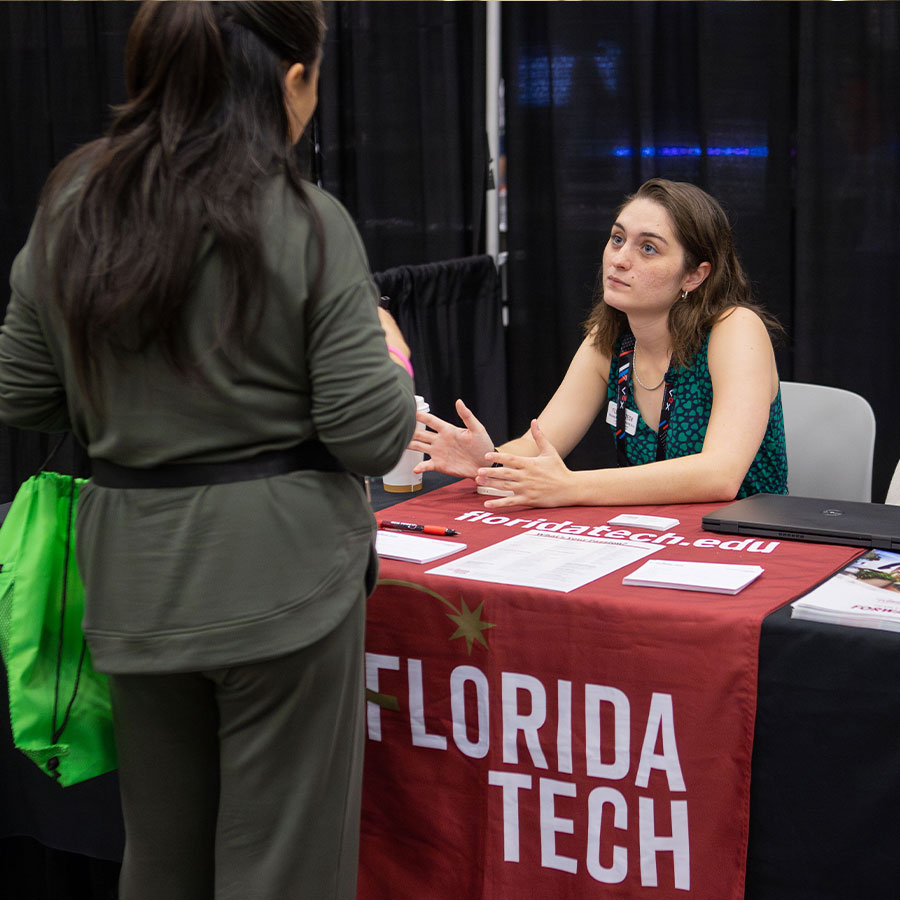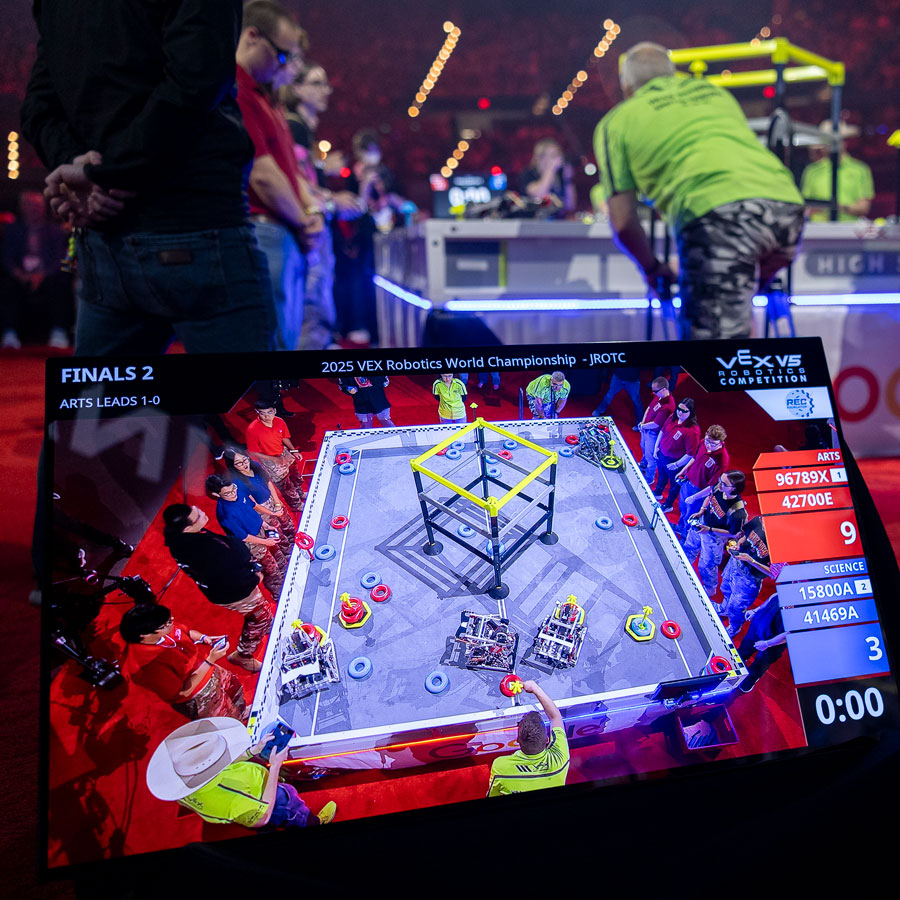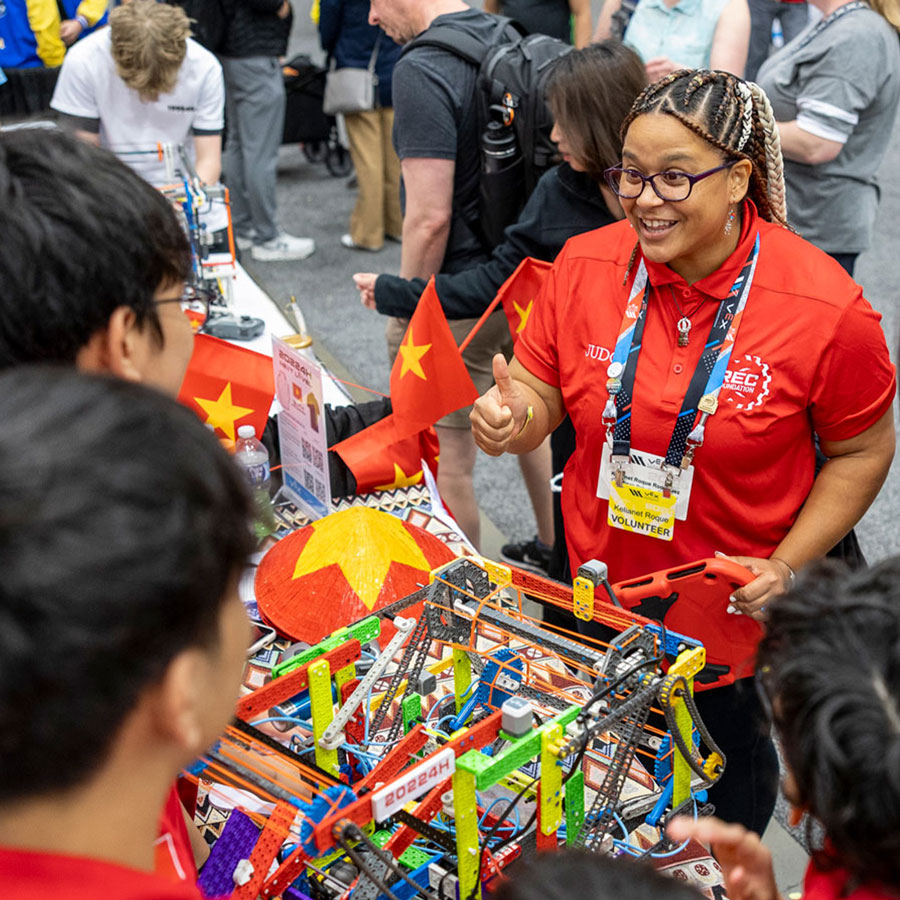

The Robotics Education & Competition Foundation (RECF) is proud to collaborate with Chandra Donelson, a trailblazer at the intersection of public service, technology, and storytelling. As the Chief Data and Artificial Intelligence Officer for the United States Space Force, Donelson brings deep technical leadership. She’s also an advocate for innovation and the author of The Data Detective at the Carnival, a children’s book that demystifies data for the next generation. In this article, we get to know her better and explore her approach to creating an exciting career in STEM, as well as inspiring young minds along the way.
What first sparked your excitement about STEM? Was there a moment when you realized this could be your career path?
Honestly, I fell into it. I heard about a problem that people had been trying to solve for 15 years, and I asked if I could take a shot. Six months later, I had solved it. That’s when I knew I had found both my place and my purpose.
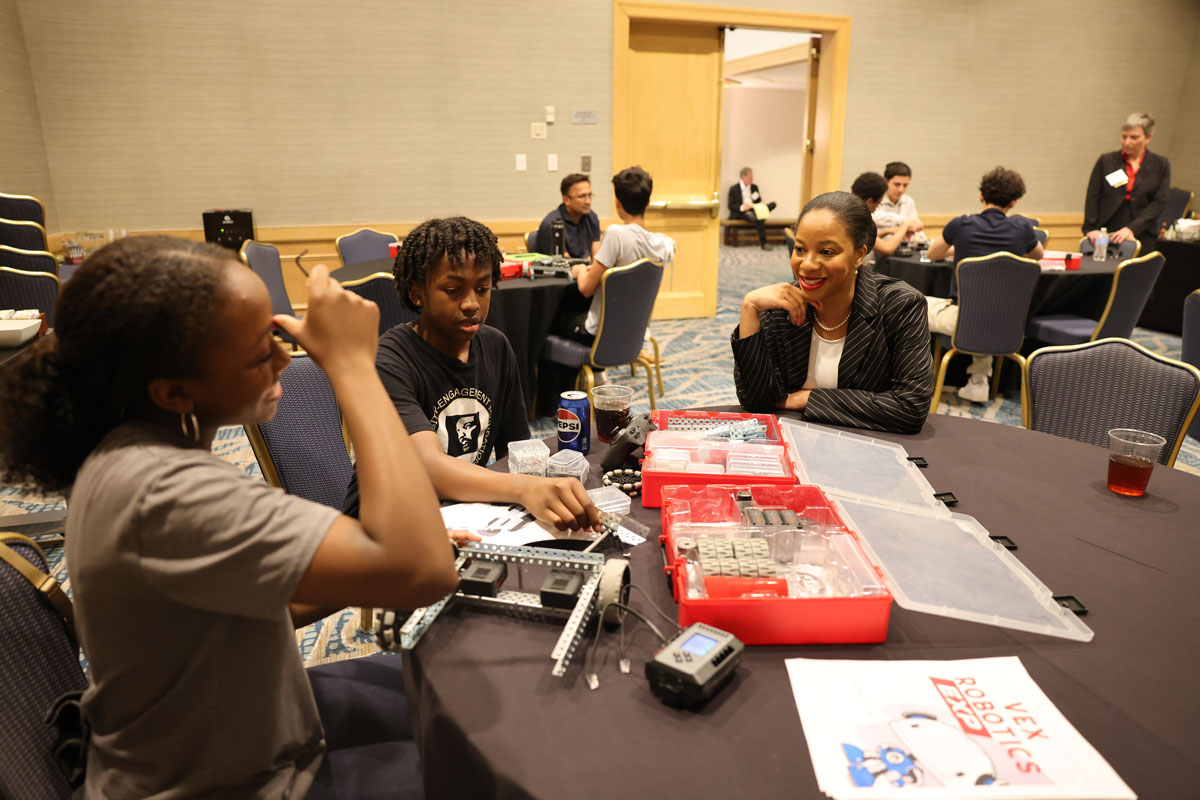
Robotics competitions, such as those at RECF, offer students the opportunity to code, build, and analyze. From your perspective, how does learning about data and AI give students an edge in designing more innovative robots?
Data and AI empower robots to do more than just function, they equip them with the ability to learn, adapt, and anticipate.
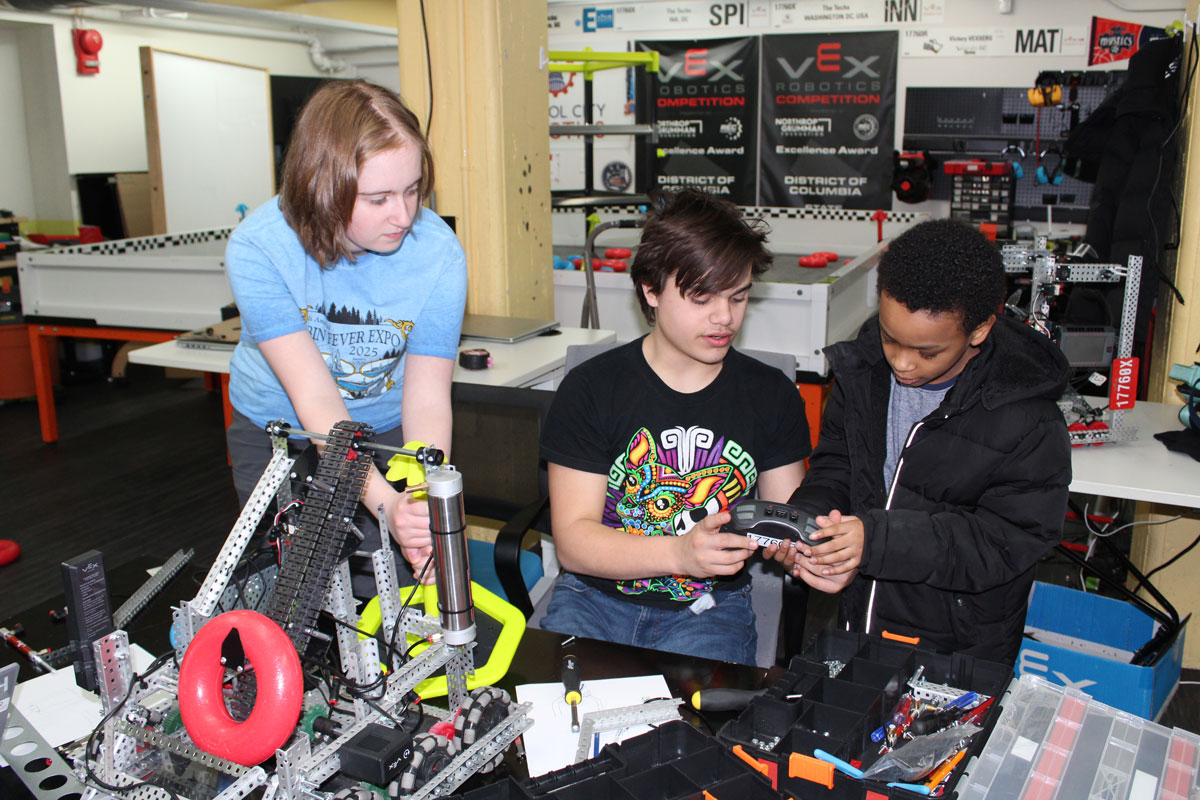
You’ve navigated an impressive career, from founding the Women in Data chapters in Washington, D.C., that empower professionals in data and technology, to becoming Chief Data & AI Officer at the U.S. Space Force. What key experiences shaped your leadership in STEM and data?
If I had to pinpoint the most significant personal experience that shaped how I lead today, it would be opening Le’Bells Formal and Bridal shop with my mother. For most people, being 14 is about figuring out where you fit in, navigating heartbreaks, and agonizing over what to wear. But for me, after that last bell rang, every single day after school, I would rush in my white Toyota Avalon to Lebell’s, spurred by nothing more complicated than the immediate, pressing need for a dress for a school dance. Looking back, Lebell’s was far more than a business; it was my playground. It was a special place where my imagination had no limits. Within those walls, painted in a bold, audacious palette of lime green, orange, purple, and pink, I could be absolutely anything I chose.
I could be a visionary leader like Steve Jobs, not just forecasting future trends, but creating them right there on the shop floor. I could be a master negotiator like Warren Buffett, brokering the best deals with global suppliers to provide affordable formalwear to large Southern families, often with limited incomes. I could be a renowned psychologist like Sigmund Freud, subtly picking up on the quiet anxieties and big dreams of customers, learning to connect with people on a deeply personal level, understanding their unspoken hopes and fears. And when the inevitable hit – a shipment delay, a finicky sewing machine, or a sudden change in plans – I could be a relentless problem-solver like Katherine Johnson, learning to think fast, adapt, and find a solution, no matter what.
That small shop in Texas, founded on the simple need for a dance dress, became the unlikely proving ground for every leadership quality I now possess. It taught me that leadership isn’t about age or title; it’s about being so passionate about something that people think you’re crazy and still having the grit to do it anyway.
What advice would you give to a student who feels nervous about joining a robotics team?
Start small, stay curious, and remember—no one joins a team already knowing everything. Robotics isn’t about being perfect; it’s about being willing to try, fail, and try again.
If you could design a robot to make your life easier, what would it do?
Laundry!
